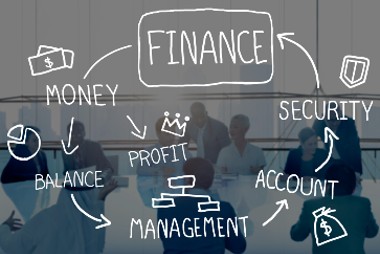Estate Planning: Safeguarding Your Assets and Ensuring Your Legacy
Estate planning is a vital component of financial security, yet it's often overlooked by many Australians. Without a comprehensive estate plan, your assets may not be distributed according to your wishes, potentially leading to confusion, family disputes, or unintended tax…










